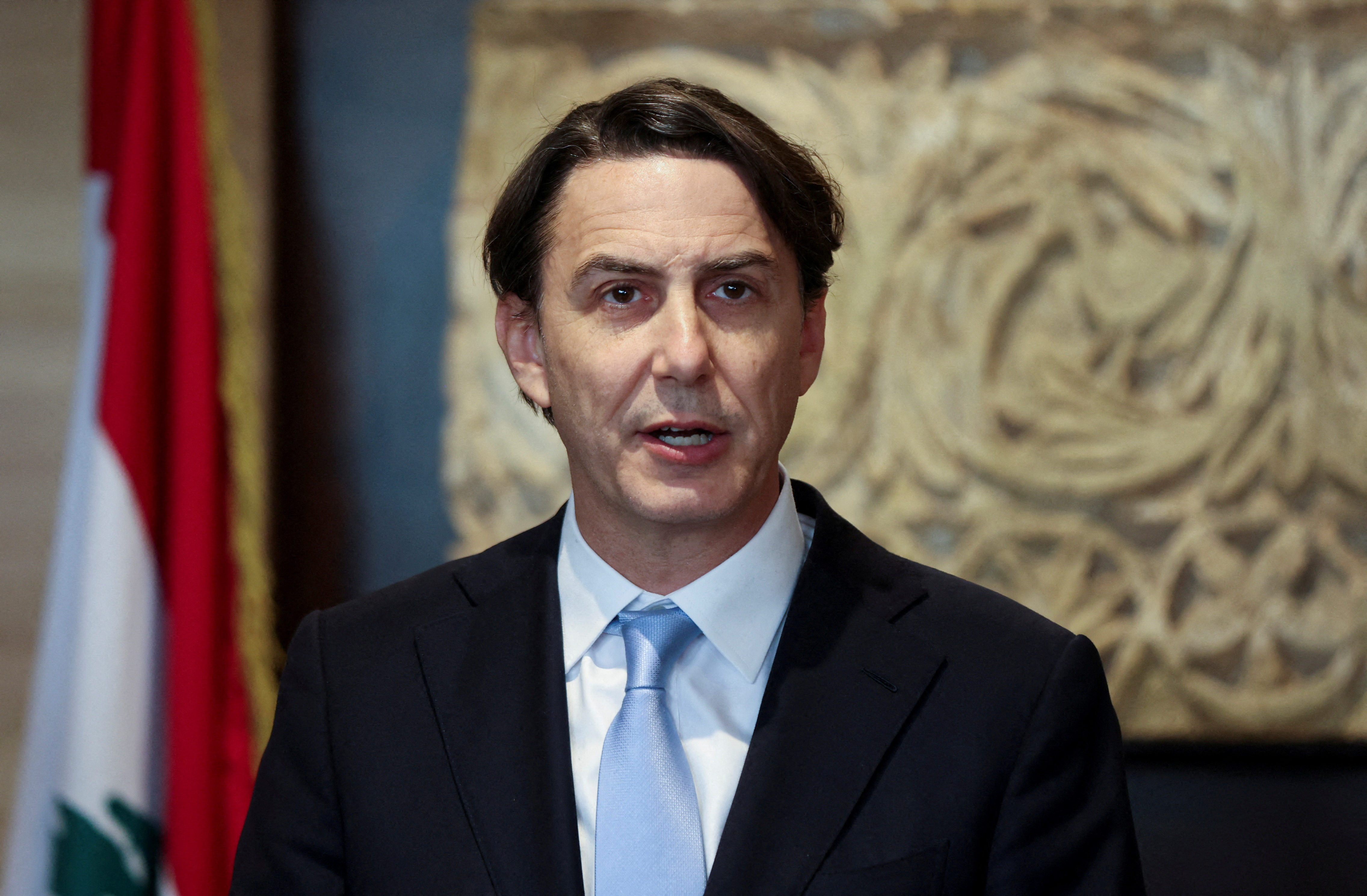
The latest flare-up in hostilities between Israel and Hezbollah has intensified, with skirmishes across the Israel-Lebanon border becoming more frequent and deadly. Israeli Defense Forces (IDF) have been preparing for potential escalation by mobilizing troops near the northern frontier, hinting at the likelihood of a ground incursion. This move follows a series of cross-border attacks, including rocket launches from Lebanon and retaliatory Israeli airstrikes. Both sides have escalated their military rhetoric, with Hezbollah threatening further action if Israeli forces continue their air and artillery strikes.
The possibility of a ground invasion comes at a critical time. Israel has made it clear that any offensive action would be aimed at neutralizing Hezbollah’s military capabilities, which have grown significantly in recent years. Hezbollah, backed by Iran, possesses an arsenal of precision-guided missiles and a formidable ground force that has been battle-hardened by its involvement in the Syrian civil war. The risk of an extended conflict between the two adversaries poses significant challenges for both Israel and the broader international community.
The Israeli government has been grappling with a strategic dilemma. While it seeks to protect its northern borders from Hezbollah’s rocket attacks, a ground invasion into Lebanon could result in a protracted conflict that would draw in more regional actors, potentially destabilizing the entire Middle East. Israeli Prime Minister Benjamin Netanyahu has maintained a cautious tone, indicating that all options are on the table but emphasizing the importance of coordination with the United States and other allies before making any final decisions on a ground offensive.
Meanwhile, President Biden has underscored the need for restraint. The U.S. president has been deeply involved in diplomatic efforts to de-escalate the situation, warning that a full-scale war in Lebanon would have catastrophic consequences not only for Israel and Lebanon but for the entire region. In a statement, Biden stressed that his administration is working closely with both Israeli and Arab leaders to prevent the conflict from widening, urging all sides to pursue a path of diplomacy over military action.
The backdrop to this conflict is a deeply fractured geopolitical landscape. Hezbollah, which operates as both a political party and a militant organization in Lebanon, has been emboldened by its ties to Iran, which views the group as a key player in its broader regional strategy. Iran’s support for Hezbollah has long been a source of tension with Israel, which considers the group a direct threat to its national security. As Hezbollah’s military capabilities have expanded, so too have Israel’s efforts to counter its influence in the region.
In response to the potential for conflict, several Arab nations, including Saudi Arabia and Egypt, have expressed concerns over the deteriorating situation. Diplomatic channels have been working feverishly to broker a ceasefire, but these efforts have yet to yield any tangible results. The situation is further complicated by Lebanon’s fragile political and economic state. The country, already grappling with an economic crisis and political paralysis, could be pushed to the brink of collapse if a full-scale war erupts on its soil.
International stakeholders have also weighed in on the potential ramifications of the conflict. The European Union has called for immediate de-escalation, urging both Israel and Hezbollah to avoid actions that would lead to an uncontrollable conflict. France, which maintains close ties with Lebanon, has been particularly vocal in its call for restraint. French President Emmanuel Macron has offered to mediate between the two sides, emphasizing the importance of preserving Lebanon’s stability, which he described as essential for peace in the broader region.
Despite these diplomatic overtures, the possibility of a ground invasion looms large. The IDF has been conducting military drills near the Lebanese border, with reports indicating that Israeli commanders are preparing their forces for the possibility of urban warfare. Hezbollah, for its part, has also been mobilizing its fighters in anticipation of a potential Israeli incursion. The group has vowed to resist any ground invasion, signaling that a prolonged and bloody conflict could be on the horizon.
The involvement of external actors, particularly Iran, further complicates the dynamics of the conflict. Tehran has consistently supported Hezbollah both militarily and financially, viewing the group as a critical component of its strategy to exert influence in the Levant. Should Israel launch a ground invasion, there is a high likelihood that Iran would increase its support for Hezbollah, either directly or through proxy forces in Syria and Iraq. Such an escalation could lead to a broader regional conflict, with devastating consequences for all parties involved.
